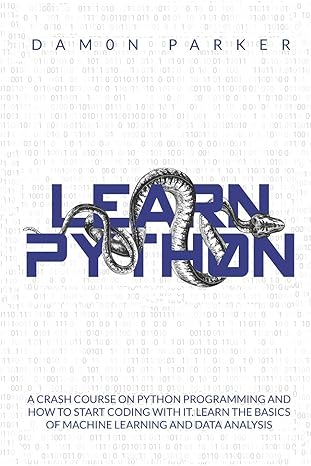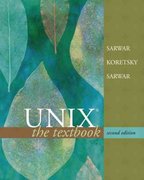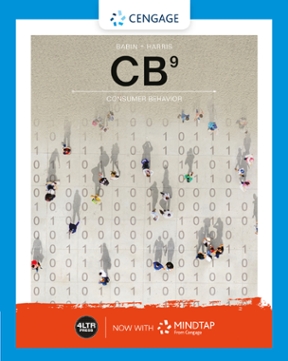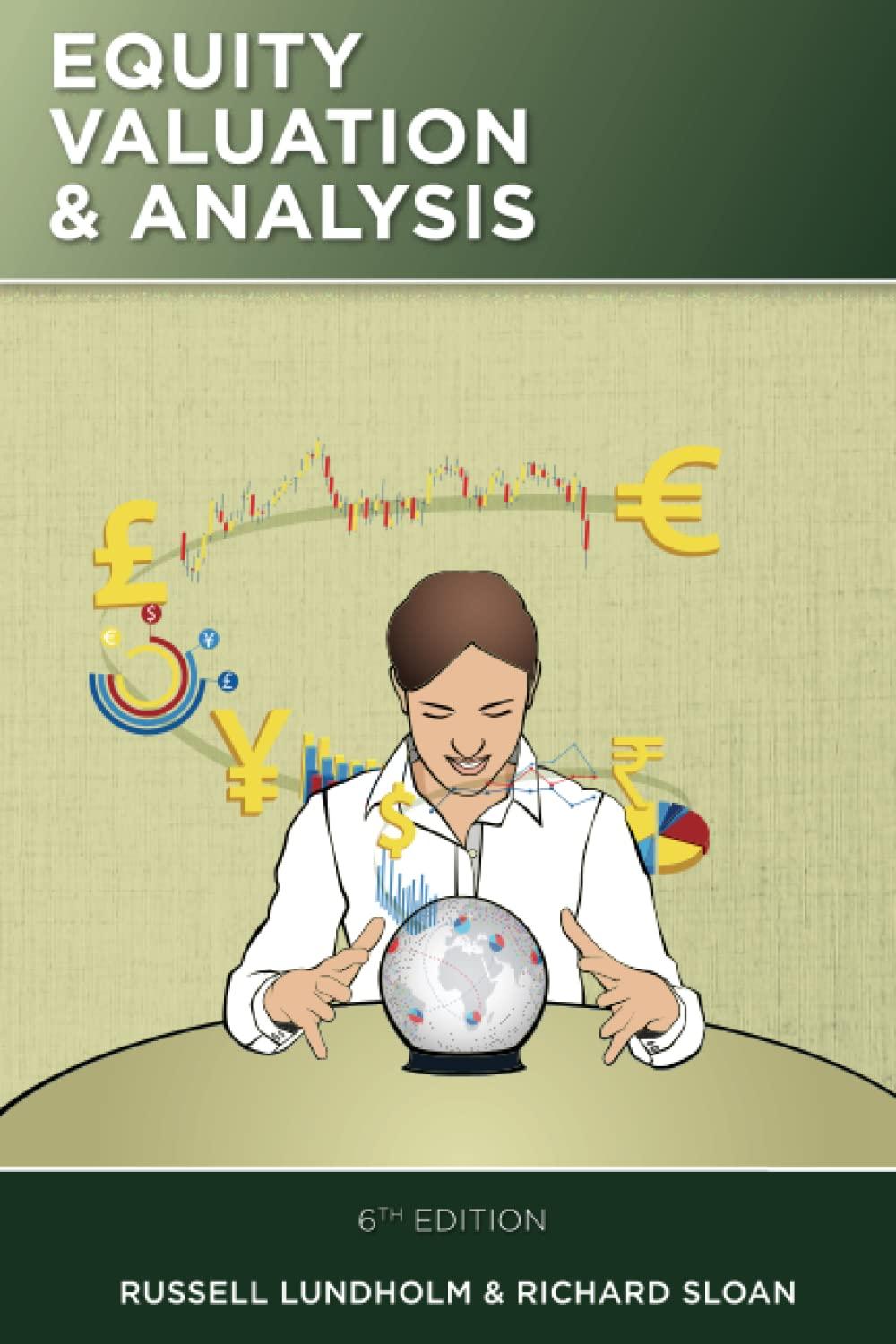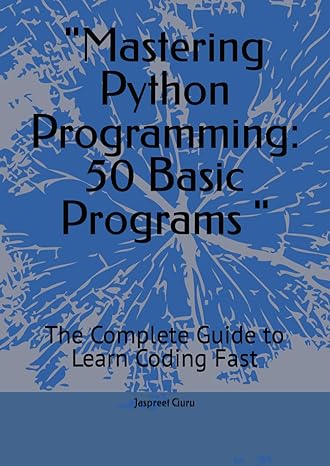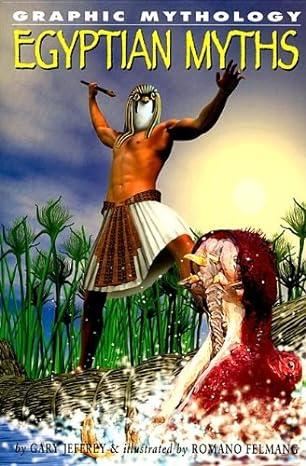Go back

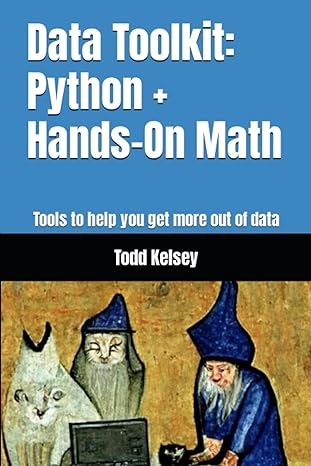
Data Toolkit Python Hands On Math Tools To Help You Get More Out Of Data(1st Edition)
Authors:
Todd Kelsey

Cover Type:Hardcover
Condition:Used
In Stock
Include with your book
Free shipping: April 04, 2024Popular items with books
Access to 3 Million+ solutions
Free ✝
Ask 10 Questions from expert
200,000+ Expert answers
✝ 7 days-trial
Total Price:
$0
List Price: $3.99
Savings: $3.99(100%)
Book details
ISBN: 979-8391146544
Book publisher: Independently published (April 12, 2023)
Get your hands on the best-selling book Data Toolkit Python Hands On Math Tools To Help You Get More Out Of Data 1st Edition for free. Feed your curiosity and let your imagination soar with the best stories coming out to you without hefty price tags. Browse SolutionInn to discover a treasure trove of fiction and non-fiction books where every page leads the reader to an undiscovered world. Start your literary adventure right away and also enjoy free shipping of these complimentary books to your door.
Data Toolkit Python Hands On Math Tools To Help You Get More Out Of Data 1st Edition Summary: This book is about tools, and putting them in their place. Like many people, you may have grown up with a wary uncertainty about math, and it may be because you were taught about it without context. You might even feel that way about coding. You’ve come to the right place!Math and coding are just tools, and when you can look beyond them and focus on what you want to use them for, then it can be an adventure. Then you can pull the tools out when you need them.The truth is that Python coding and math libraries in Python give you superpowers. It is good to get better acquainted with math concepts, but the math libraries in Python give you advanced capabilities with math, and in some settings, when you are using a tool called Google Colab, all you need to do is press play!Data skills are very, very, very important and this book helps you to take an important step. The approach is hands on, easy to understand, for beginners.Chapter 1: Introduction to Python for Data ScienceBegin your data science journey by learning the basics of Python, one of the most popular programming languages for data science and AI. Discover why Python has become the go-to language for data scientists and learn about its fundamental syntax, variables, and data types. Get hands-on experience by setting up your first Google Colab notebook and working through a simple exercise to solidify your understanding.Chapter 2: Python Data ManipulationBuild on your Python knowledge by exploring control structures, such as loops and conditional statements. Learn how these structures can help you manipulate and process data more efficiently. Complete hands-on exercises in Google Colab that demonstrate the power of control structures in real-world data science scenarios.Chapter 3: Handling and Cleaning Data with Python LibrariesDiscover powerful Python libraries, such as Pandas and NumPy, that simplify data handling and cleaning tasks. Learn how to import, manipulate, and clean data using these libraries, making it ready for analysis. Complete a Google Colab exercise that showcases how to use these libraries in a data science context.Chapter 4: Introduction to Linear Algebra for Data ScienceBegin your journey into the mathematics behind data science by learning about linear algebra, a foundational concept in machine learning and AI. Understand the importance of vectors, matrices, and linear transformations in data science. Work through a hands-on exercise in Google Colab using a library such as NumPy, focusing on real-world data.Chapter 5: Probability and Statistics for Data ScienceExplore probability and stats, key mathematical concepts for understanding and interpreting data. Learn about descriptive statistics, probability distributions, and hypothesis testing, and why these topics are essential for data scientists. Complete hands-on exercises in Google Colab using libraries such as SciPy, working with real-world data.CertificationReaders are encouraged to pursue certification in Python.
Customers also bought these books
Frequently Bought Together
Top Reviews for Books
Meera Pathmanathan
( 5 )
"Delivery was considerably fast, and the book I received was in a good condition."


